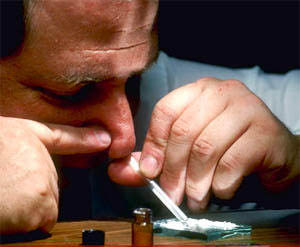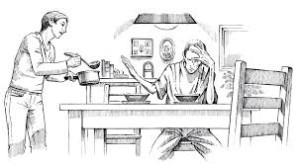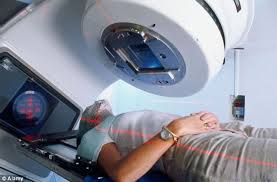Cancer treatment preparation
Cancer treatment preparation: Before you begin cancer treatment

Cancer treatment preparation is should involves the whole family
Cancer treatment preparation is essential especially after the diagnosis. But before the diagnosis, this may not be easy because no one would want to associate with the disease. Nonetheless, when this is established, getting ready a head of time is important. From the expert’s desk at AWAREmed Health and wellness Resource Center under the leadership of doctor Dalal Akoury, planning is good however small it may be. The steps you take will help you be in control and improve your healing process. To help you plan well, the following are some of the steps you may consider before chemotherapy or radiation treatment.
A clear plan
From the onset, together with your oncologist must ensure you are addressing the same problem. You must be aware of what exactly you’re treating. What will be happening during the treatment and duration it will take including any side effects? You may want to document you discussion with the doctor too and where necessary, you can seek for a second opinion if need be.
Cancer treatment prepararation: Only plan for what is within your reach
With the entry of cancer, your life will change and no matter your treatment mode, you will have some frustrations along the way. Doctor Akoury explains that most frustrations are never about the disease but what will happen to your daily cores like, who will attend to my business, children or who will take you to and from the hospital? That is why your plan should be within reach. At this time family and friends can be helpful. You may engage them in assignments like picking up your children from school, doing the house work and stuff like that a head of time.
Live responsibly
Healthy living before, during and after treatment is very important. This will help in improving your healing process in many ways. Remember that healthy feeding and exercise will go a long way in help you maintain quality of your life and this must be top on the list of your treatment objectives. For perfection, you may want to consult with nutritionist, physical therapist or any other specialist in such disciplines.
Changes in appearance
Treatment procedures like chemo and radiation may cause hair loss, weight loss, or skin rashes as side effects. In your plan, this needs to be appreciated and just get ready should they come and deal with them. You may want to find more from your doctor of what to expect as possible side effects.
Seek advice from people who’s been through the same
You’re not alone in this journey. People have been before you and they can help you ease uncertainty, anxiety, or fears. Doctor Akoury advices new patients to open up and talk with people who’ve had the same disease and had successful treatment. This will give more hope and encouragement to face any challenges that may come along the way. Finally, cancer is treatable and you can talk to us at AWAREmed health center for more professional input.
Cancer treatment preparation: Before you begin cancer treatment





